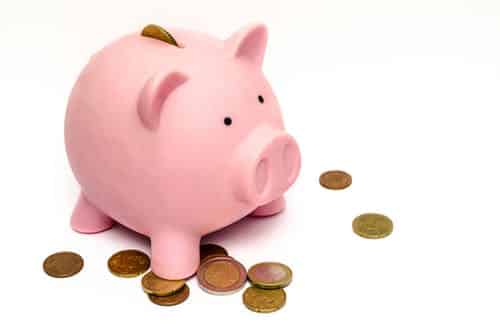Tax avoidance by multinationals is currently in the spotlight. For example, recently announced Booking.com to appeal for emergency aid from the Dutch state, while until recently it made billions in profits and paid little tax on them. A political and social debate that has of course been going on for some time. Hence also the request from the Lower House (following Omtzigt motion) to commission the Advisory Committee on Taxation of Multinationals to investigate how the Netherlands can make taxation of multinationals fairer. This resulted in the report 'Towards balance in corporate taxation' with various recommendations and advice. On the positive side, it contains a clear call for the Netherlands to make constructive international efforts to really tackle tax avoidance. It is unfortunate, however, that there is only limited attention to the role of the Netherlands as a tax haven in the report.
Netherlands tax haven? How about that?
More attention to the role of the Netherlands as a tax haven is badly needed, as the Netherlands is the one for enables multinationals to evade tax on a large scale. By using various complicated tax structures, multinationals manage to pay significantly less, or even no, tax in the countries where their production takes place. These include European countries such as Spain and Italy who are now hit hard by the corona crisis and are asking for financial support, but developing countries are also missing out on a lot of money, often many times what they receive in development cooperation. Money that could be put to good use for essentials, such as building a healthy public sector and a strong health system.
Through tax structures, companies shift their profits so that they can eventually be booked in countries where profit tax is very low, or even zero. The Netherlands enables this through its tax policy. The advisory committee's report focuses on corporate income tax (vpb), a tax levied on a company's taxable profits. When countries compete to bring in companies with low taxes, you get a 'race to the bottom'. Ultimately, the consumer pays the bill for this. This is also why the Netherlands needs to take a strong international stance for more cooperation.
The 'honest' advice
The Advisory Committee's aim was to make the Dutch tax climate fairer, where international companies do make a fair contribution to tax revenues, while keeping an eye on maintaining our international competitiveness. But what does 'fair' mean in this case? Unfortunately, the Advisory Committee could not work out the answer and an unambiguous and clear definition failed to materialise.
The Advisory Committee also endorses the importance of international cooperation, whereby tax competition between countries is curbed. Given that tax evasion is an international problem, it is important to find an international solution. Unfortunately, countries regularly hide behind this to avoid taking action at the national level. Fortunately, the committee does recommend taking national measures. The report states that companies should always pay tax when there are profits and no longer be able to fully deduct this from past losses. All the advice unfortunately lacks a clear note on the role of the Netherlands as a tax haven, and its impact on developing countries. A missed opportunity!
Towards a fair tax policy
Despite the Advisory Committee's report being a good first step, the impact of our tax policy on developing countries is clearly missing. It is high time our tax policy in the Netherlands was designed more fairly. Companies should pay their taxes in the countries where production takes place, and where profits are made. Profits should therefore no longer be shifted for the sole purpose of paying less or no tax. Now that is fair tax policy. The Netherlands should stand up for this, internationally and nationally. Do you agree that governments should tackle tax havens to combat gross inequality? Then sign this page Oxfam Novib's petition!
By: Anique Kanters
Photo: skitterphoto





